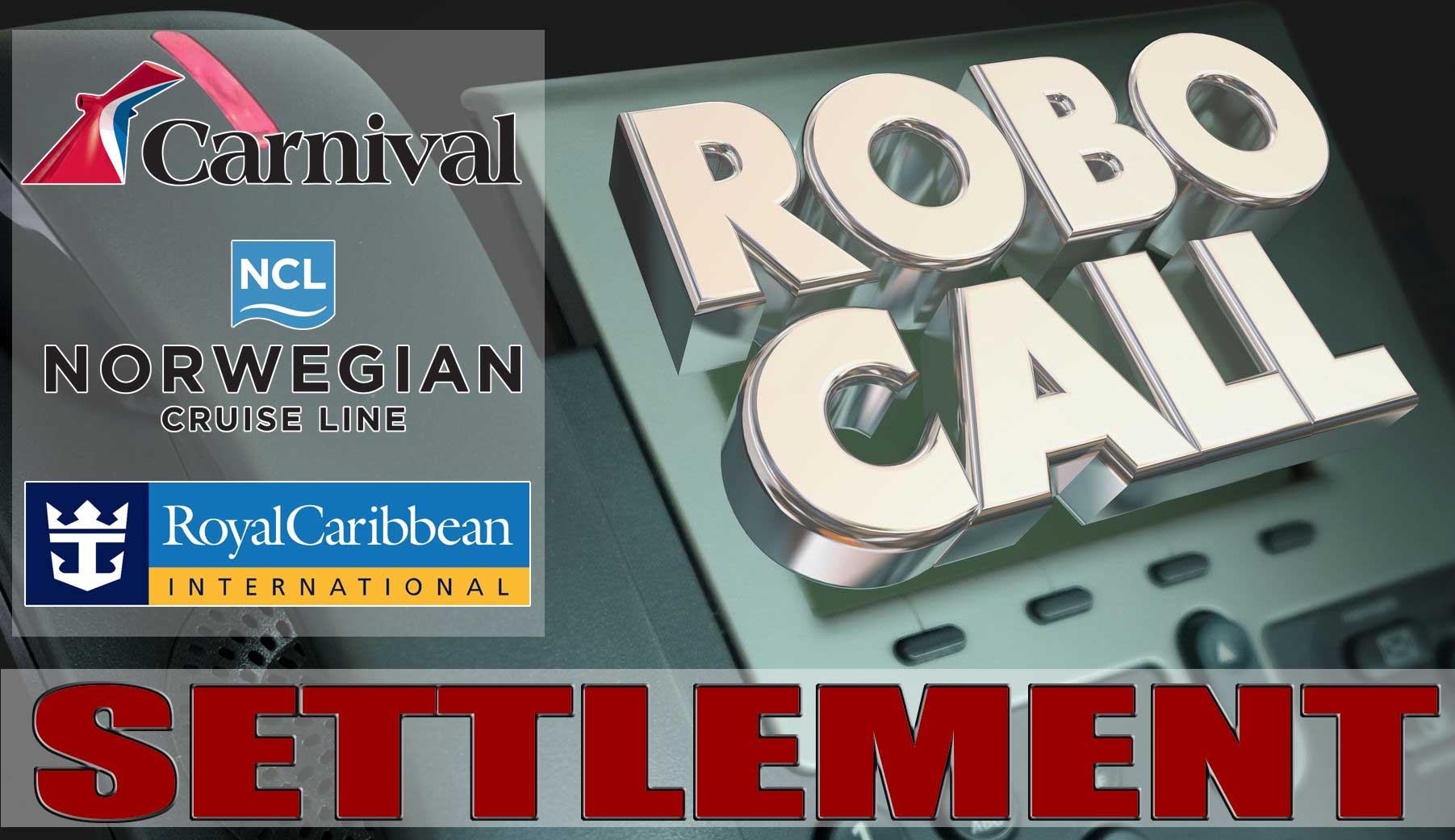Between July 2009 and March 2014, many households across the country received calls from an unfamiliar number that turned out to be a pre-recorded message informing the homeowner that they qualified for a free cruise. Sounds too good to be true, right? Well, it was, and given the fact that many people received multiple calls from the unfamiliar number, a class-action lawsuit was filed to bring an end to the robocalls. Fortunately for members of the lawsuit, a settlement was announced earlier this week. But who was responsible for the phone calls? Who filed the lawsuit?
Between July 2009 and March 2014, many households across the country received calls from an unfamiliar number that turned out to be a pre-recorded message informing the homeowner that they qualified for a free cruise. Sounds too good to be true, right? Well, it was, and given the fact that many people received multiple calls from the unfamiliar number, a class-action lawsuit was filed to bring an end to the robocalls. Fortunately for members of the lawsuit, a settlement was announced earlier this week. But who was responsible for the phone calls? Who filed the lawsuit?
According to the class action lawsuit, the robocalls were made by Resort Marketing Group on behalf of the Carnival, Norwegian, and Royal Caribbean cruise lines. The lawsuit itself was filed by Philip Charvat after plaintiffs claimed that “Resort Marketing Group violated the Telephone Consumer Protection Act, which restricts telemarketers from making unsolicited calls to consumers.”

Fortunately for consumers, instead of going forward with lengthy court proceedings, the companies involved in the robocalls “collectively settled the case.” Since the agreement was reached, “a federal judge approved a preliminary approval of the settlement in July which would include a settlement fund worth between $7 million and $12.5 million, depending on how many claims are filed.”
So what does this mean for anyone who received one of these calls? Well, for starters it means they’ll get a portion of the settlement. In fact, anyone who received one of the robocalls between July 2009 and March 2014 “is eligible for $300 per call, up to three calls, for a maximum of $900.” At the moment, claims can be filed online, “using the lawsuit’s website to check if their phone numbers are in the Resort Marketing Group’s database, or by mailing completed forms to the address listed on the website.”
The process of filing a claim is easy. All an eligible claimant has to do is look “up their phone number and fill in their personal information to be included in the settlement.” There is a deadline for submitting claims, however. As it stands right now, consumers have until November 3, 2017, to see if they’re an eligible claimant and to file a claim.
However, just because the companies involved in the robocalls have agreed to a settlement doesn’t mean this issue will just go away. Things like this take time, and in this particular case, a final approval hearing isn’t scheduled until April 4, 2018.
Sources:
‘Free Cruise’ Lawsuit Settlement Offers Up to $900 for Robocalls
Free cruise robocall class action lawsuit settled, claims available


Join the conversation!